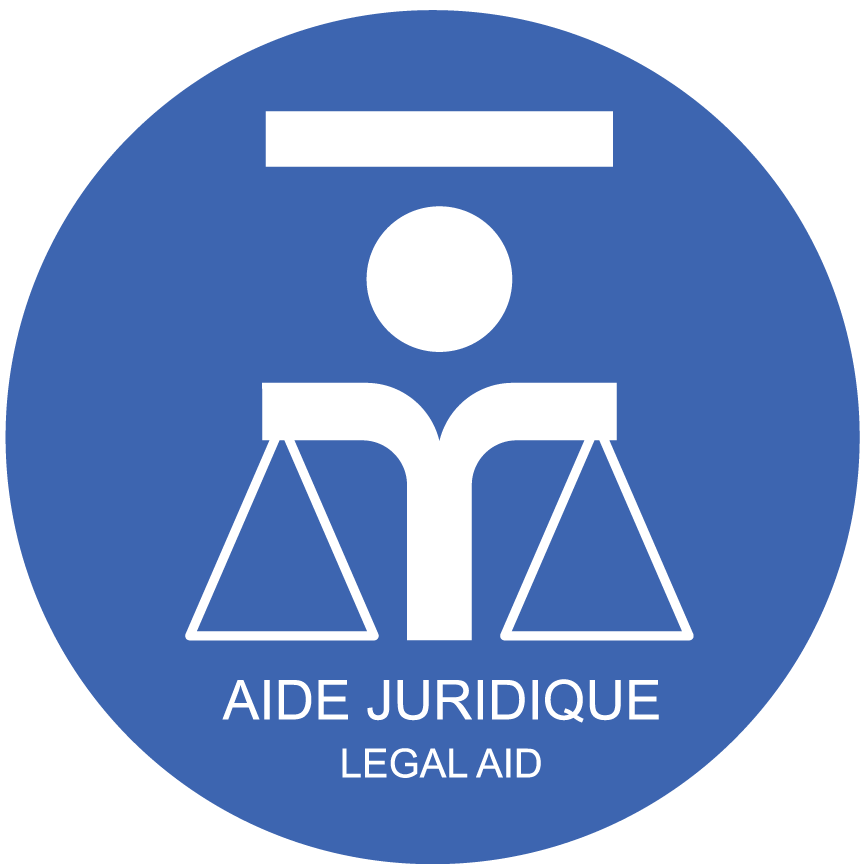If you qualify for legal aid, you can choose the lawyer who will represent you. Whether your lawyer works at the legal aid office or in private practice, legal aid will cover all the costs.

Representation by the legal aid office
The legal aid office can assign you a lawyer. They are assigned based on availability and the type of case. Lawyers working in legal aid offices only represent people who qualify for legal aid.
Need a notary?In some cases, legal aid may cover notary fees. For more information, you can contact a legal aid office or the Chambre des notaires du Québec (professional association of notaries). |
Sometimes, the legal aid office can’t represent you, for example, if a lawyer at the legal aid office is already representing a person involved in your case, such as an ex-spouse.
In this situation, the legal aid office may be able to provide a list of lawyers in private practice who accept legal aid cases. This is known as “accepting legal aid mandates”. You can also contact the Barreau du Québec’s referral services for help finding a lawyer.
Representation by a lawyer in private practice
The first step is to contact the private practice lawyer you have in mind to confirm they accept legal aid cases, as not all of them do. The legal aid office does not have to find you a lawyer. It’s your responsibility to do so.
Next, make an appointment with your legal aid office to obtain your certificate of eligibility for legal aid (also called a “legal aid mandate”). You will have to provide the name of the lawyer who will represent you.
You must give the certificate to your lawyer. Sometimes the legal aid office will take care of sending it for you.
Your private practice lawyer can help with the steps for obtaining the legal aid certificate.
If you qualify for legal aid with payment of a fixed contribution, you must pay the contribution to the Commission des services juridiques (legal aid) directly, and not to the lawyer.
To prepare for your legal aid appointment or for more information about legal aid, please see our Legal Aid web guide.






